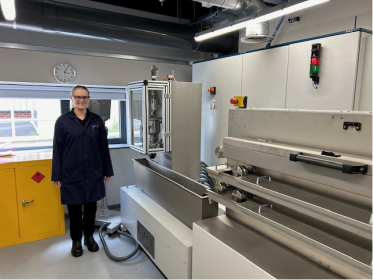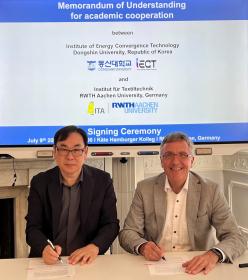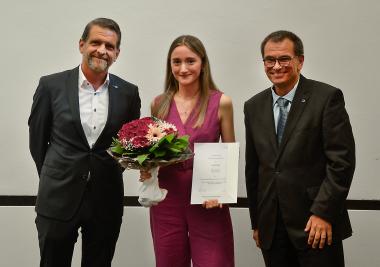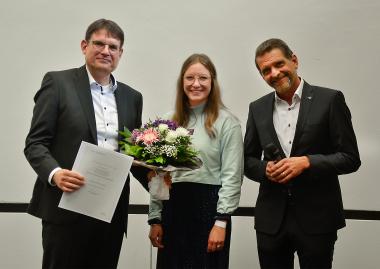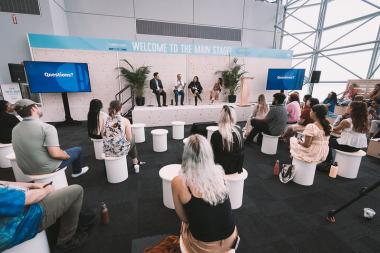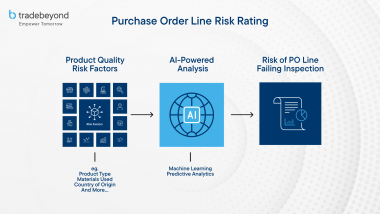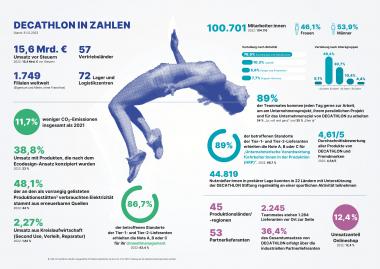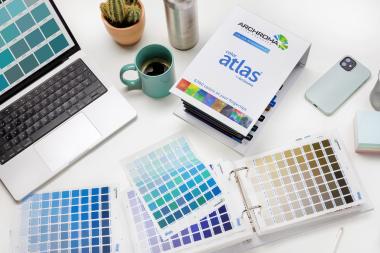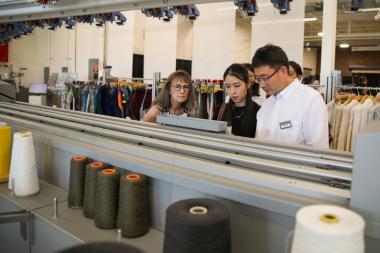Südwesttextil fordert wöchentliche Höchstarbeitszeit
Die Bundesregierung will mit einer Wachstumsinitiative die Wirtschaft ankurbeln. Die vom Wirtschafts- und Arbeitgeberverband Südwesttextil geforderte Anpassung des Arbeitszeitgesetzes, in Form der Einführung einer wöchentlichen statt einer täglichen Höchstarbeitszeit analog zur europäischen Regelung, bleibt aus. Stattdessen ist die begrenzte Möglichkeit zur Abweichung von der Tageshöchstarbeitszeit im Rahmen von Tarifverträgen oder Betriebsvereinbarungen auf Grund von Tarifverträgen geplant, außerdem eine Befristung der Regelung.
Vor dem Hintergrund des Fachkräftemangels und der EU-Arbeitszeitrichtlinie erklärt Südwesttextil-Hauptgeschäftsführerin Edina Brenner: „Für eine neue wirtschaftliche Dynamik müssen wir das Potenzial an Flexibilisierung für unsere Betriebe und ihre Beschäftigten voll ausschöpfen und endlich im europäischen Vergleich wettbewerbsfähig werden. Dass die allgemeine Umstellung auf eine zeitgemäße, wöchentliche Höchstarbeitszeit nicht Teil der Pläne der Bundesregierung ist, ist für uns unverständlich.“
Arbeitszeitgesetz Verband der Südwestdeutschen Textil- und Bekleidungsindustrie Südwesttextil e.V.
Verband der Südwestdeutschen Textil- und Bekleidungsindustrie Südwesttextil e.V.








